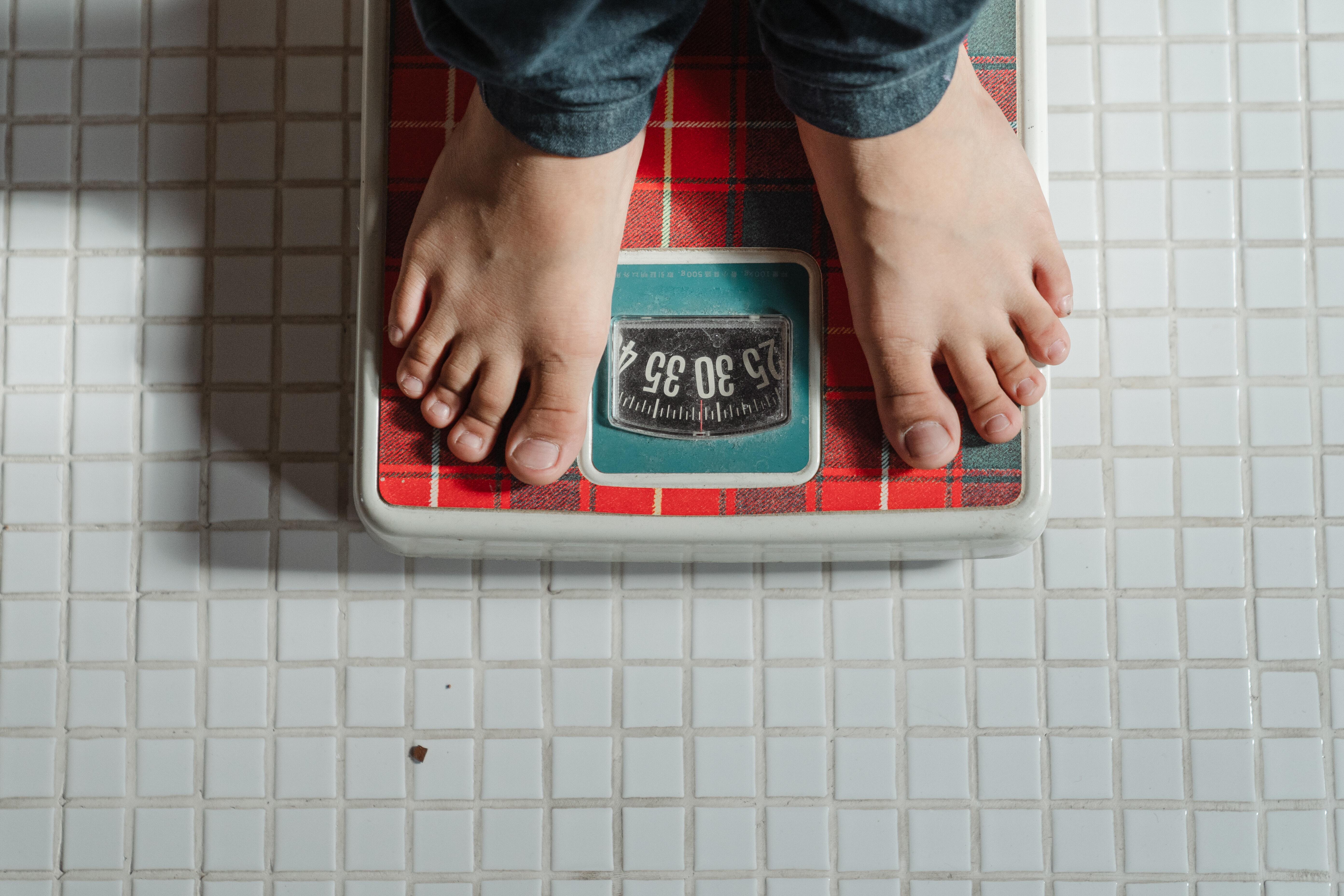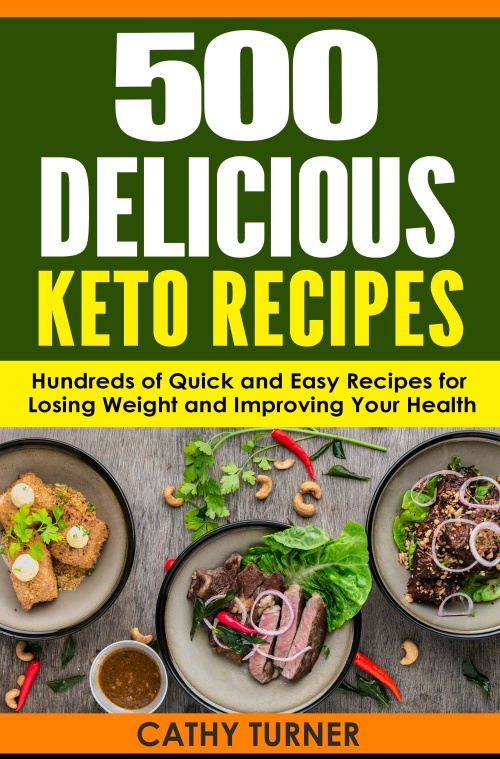PPI Drugs for Heartburn and GERD
Gastroesophageal reflux disease (GERD) is a chronic condition where stomach acid frequently flows back into the esophagus, causing irritation and discomfort. This reflux can lead to symptoms such as heartburn, regurgitation, and difficulty swallowing, significantly impacting your quality of life.
Managing GERD effectively is crucial to prevent complications like esophagitis, Barrett’s esophagus, and an increased risk of esophageal cancer. Proton pump inhibitors (PPIs) have become a cornerstone in the management of GERD due to their potent ability to reduce gastric acid production. By inhibiting the proton pumps in the stomach lining, PPIs decrease the acidity of your stomach, providing relief from symptoms and allowing your esophagus to heal. Their effectiveness in acid suppression makes them a preferred treatment option if you suffer from GERD.
Efficacy of PPIs for Acid Suppression
Proton pump inhibitors are highly effective in controlling acid reflux in GERD patients. Clinical studies have consistently shown that PPIs outperform other classes of acid-suppressing medications, such as H2 receptor antagonists and antacids, in both symptom relief and healing of esophageal mucosa. When you take a PPI, it effectively blocks the final step of acid production in the stomach, leading to a significant reduction in gastric acidity. This not only alleviates the immediate discomfort associated with GERD but also promotes the healing of any erosive damage to the esophagus.
Compared to alternative treatments, PPIs offer a more sustained and potent acid suppression. While H2 blockers like Pepcid can also reduce stomach acid, they are generally less effective and may lose their efficacy over time due to tolerance. Antacids like Tums provide quick, short-term relief but do not address the underlying cause of acid production. Therefore, PPIs are often recommended as the first-line therapy for GERD management, particularly if you have moderate to severe symptoms or complications from acid reflux.
Side Effects Associated with PPIs
While proton pump inhibitors are generally well-tolerated, it is important to be aware of both common and rare side effects associated with their use in GERD treatment. Common side effects you might experience include headache, diarrhea, constipation, and abdominal pain. These symptoms are usually mild and tend to resolve on their own with continued use of the medication. However, long-term use of PPIs has been linked to more serious, albeit rare, side effects. These include an increased risk of bone fractures, kidney disease, vitamin B12 deficiency, and infections such as Clostridium difficile.
Additionally, PPIs can interact with other medications you may be taking, potentially altering their effectiveness or increasing the risk of adverse effects. For instance, PPIs can reduce the absorption of drugs that require an acidic environment for optimal absorption, such as certain antifungals and HIV medications. It is essential to discuss your current medications and any potential interactions with your healthcare provider to ensure the safe and effective use of PPIs.
Long-term Safety and Outcomes
When considering the long-term use of proton pump inhibitors for GERD management, assessing safety and patient outcomes is crucial. Prolonged PPI therapy has been associated with several potential risks that warrant careful evaluation. As you continue to use PPIs over an extended period, monitoring for signs of nutrient deficiencies, such as calcium and magnesium, becomes important due to the role of stomach acid in nutrient absorption. Additionally, there is evidence suggesting that long-term PPI use may be linked to an increased risk of kidney disease and certain infections.
Balancing the benefits of sustained acid suppression with these potential risks is essential for optimizing patient outcomes. Regular follow-ups with your healthcare provider can help assess the ongoing necessity of PPI therapy and explore possible deprescribing strategies when appropriate. Lifestyle modifications, such as dietary changes and weight management, may also complement PPI therapy and contribute to improved long-term outcomes. You may also consider natural alternatives for reducing stomach acid production.
Recommended Story For You :

Look weight gain and weight loss are serious concerns of yours and I get it.

Flavourful Vegan Recipes Covering Everything From Burrito Bowls To Chocolate Mousse

The keto diet is not just a diet it is a lifestyle change!

Pizza is Doubly Addictive with Two Morphine-Like Compounds in Every Crusty-Chewy Slice!

Delicious diabetic recipes- over 500 recipes-Desserts-Entrees-Snacks-and more.

An amazing collection of easy and delicious keto recipes.

Homemade Desserts just got quicker easier and smarter.

Boosting your health is easier than you think- smoothies make everything taste better.



Comments
13 responses to “Proton Pump Inhibitors in GERD Treatment”
cheapest buy androxal australia price
discount androxal cheap united states
cheap enclomiphene price australia
get enclomiphene purchase toronto
ordering rifaximin buy hong kong
cheap rifaximin generic united states
discount xifaxan generic information
buying xifaxan cost effectiveness
ordering staxyn generic is it legal
how to order staxyn pill
No perscription avodart
discount avodart toronto canada
online order dutasteride generic no prescription
dutasteride cheap no membership
buy cheap flexeril cyclobenzaprine usa pharmacy
ordering flexeril cyclobenzaprine generic sale
order gabapentin generic cheapest
gabapentin next day cod fedex
cheapest buy fildena without a rx
online order fildena canada medicine
cheapest itraconazole online buy
buying itraconazole generic switzerland
kamagra speciální cena
nejlevnější usa kamagra
medicament kamagra en ligne afin
générique kamagra pas cher